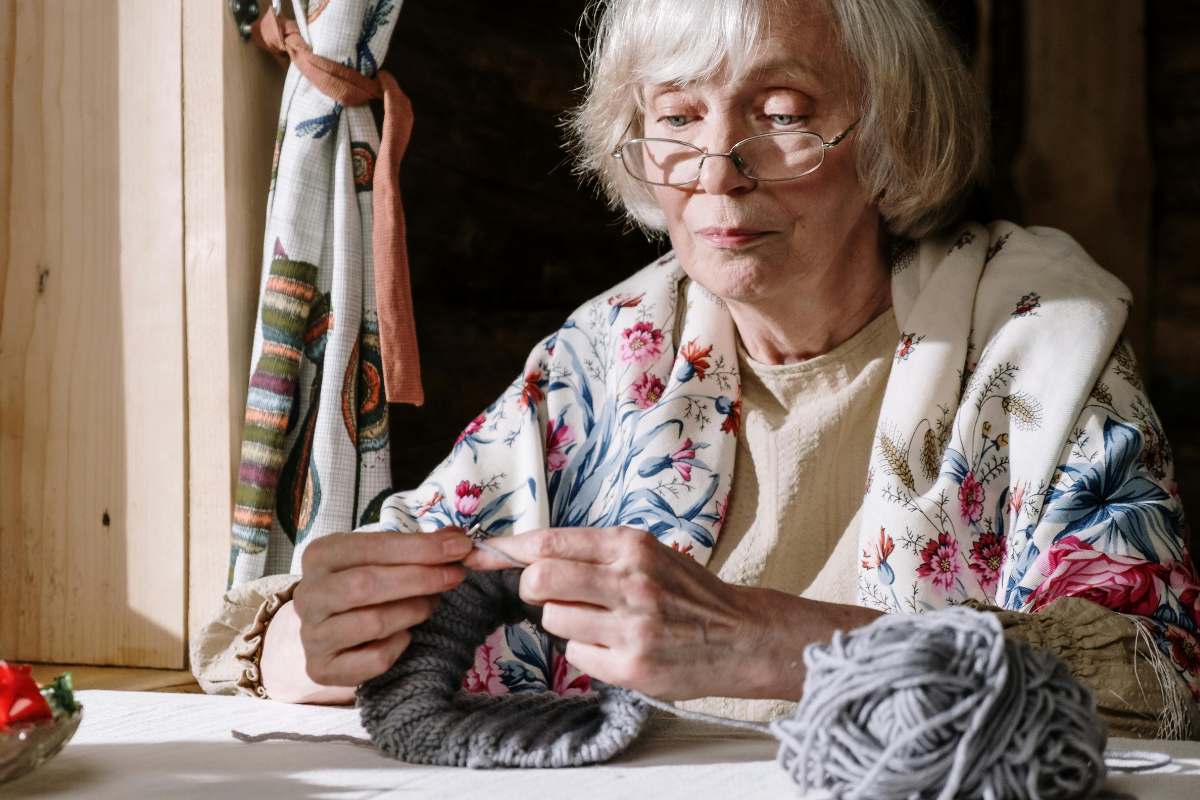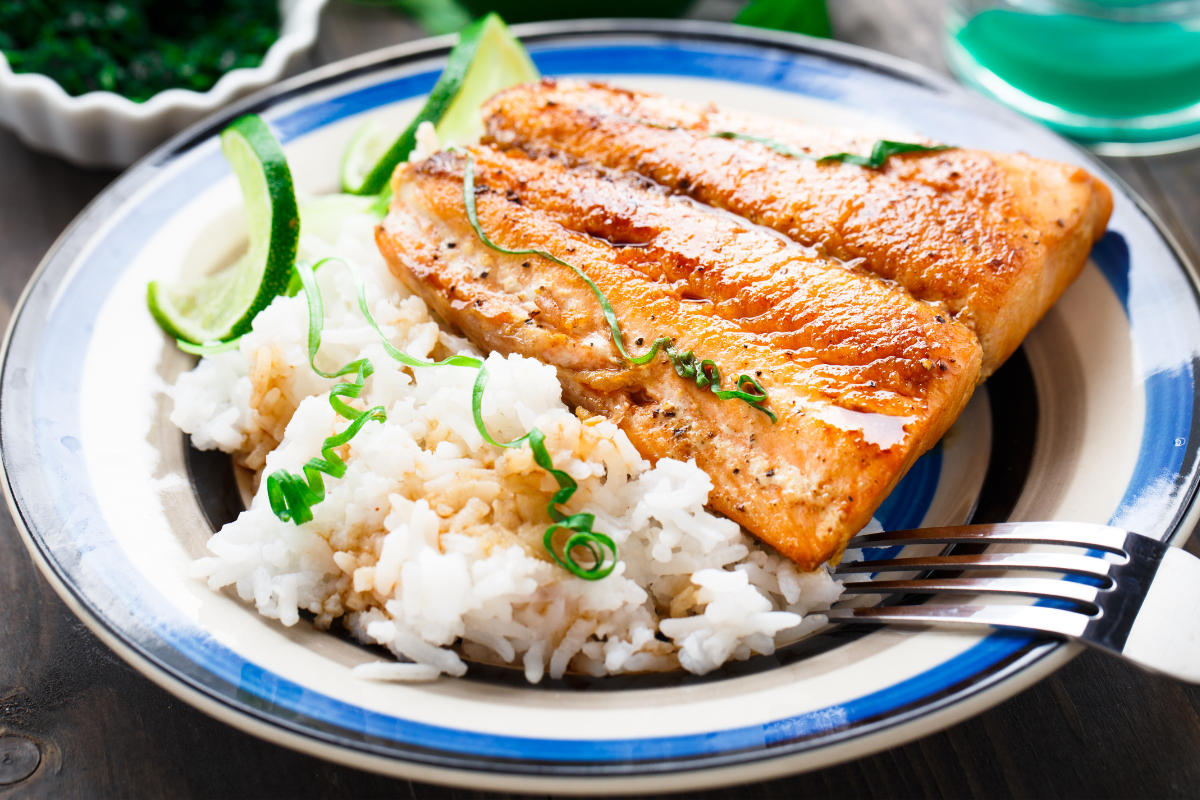In fact, it turns out that their favourite hobbies and pastimes weren’t just wholesome - they were quietly helping their brain tick along beautifully, too.
New research suggests that so-called “granny hobbies” like knitting, gardening and birdwatching may significantly boost cognitive resilience as we age. Think these hobbies are 'boring' or old fashioned? Think again - because the evidence shows how much they benefit our brain health.
Slowing brain ageing, one stitch at a time
A study of more than 7,000 adults aged 65+ found that those who regularly engaged in mentally stimulating hobbies - including crafting, collecting, and nature activities - had stronger thinking skills and memory. Importantly, these activities were linked to better performance even after accounting for lifestyle factors like education, wealth, or exercise.
In other words, it wasn’t just that healthier or more active people happened to do these hobbies; the hobbies themselves seemed to offer genuine brain benefits.
Why? Because activities like sewing or growing tomatoes in the garden demand focus, planning, and problem-solving. They gently challenge your brain, encouraging you to learn new patterns or spot changes in the environment. These are all key to maintaining cognitive function and supporting neuroplasticity - your brain’s ability to adapt, grow, and rewire itself over time.
Hobbies can protect against loneliness, too
There’s another hidden benefit here, especially for women going through the hormonal shifts of menopause or navigating the “messy middle” of life. Many traditional hobbies offer more than just mental stimulation - they create routine, joy, and a sense of purpose, all of which can help protect against depression and isolation.
Whether you join a knitting group, chat about your latest sourdough disaster online, or simply watch birds return to your windowsill feeder, these small moments of connection and engagement matter. In fact, emotional wellbeing is one of the strongest predictors of long-term brain health - and hobbies are a great way to nurture it.
A mindful break from your scrolling thumb
Let’s be honest: the modern brain is over-stimulated and under-nourished. We flick between screens, switch tabs, answer pings, and wonder why we can’t concentrate anymore. But the pace and rhythm of traditional hobbies can be an antidote, by forcing us to slow down, get tactile, and become absorbed in the moment. And this isn't just good for the soul, but great for our nervous system, too.
Research shows that regular craft-based hobbies can reduce cortisol levels and promote parasympathetic nervous system activity (that’s your rest-and-digest mode). So whether it’s pottering in the shed or sewing a hem, these activities may help you feel more grounded, less frazzled – and ultimately, more mentally sharp.
Boosting brain health at every age
While this study focused on older adults, the takeaway is clear for everyone: it’s never too early (or too late) to benefit from a brain-friendly hobby. If you’re in your 40s or 50s and noticing a bit of brain fog creeping in, now’s the time to protect your cognitive future. Pairing lifestyle changes with brain-supportive supplements like Noggin’s PAUSE or Fish Oil can give your brain the best chance of staying focused, calm, and resilient.
So go on, embrace your inner granny and take up a new hobby this week. Will you choose crochet, pressing flowers or just gazing at the birds? Whatever you choose, your noggin will thank you!









